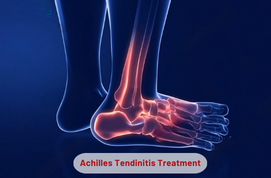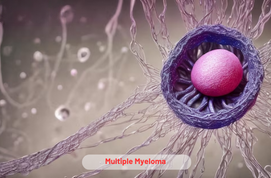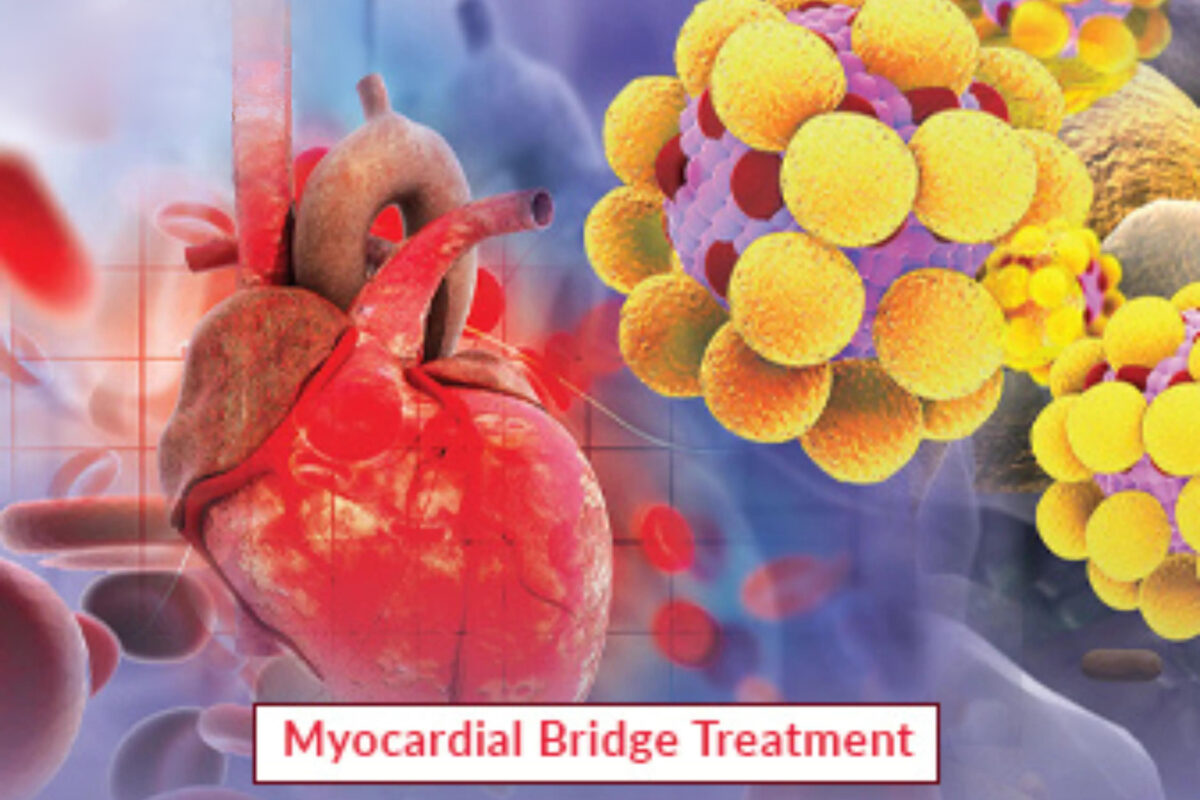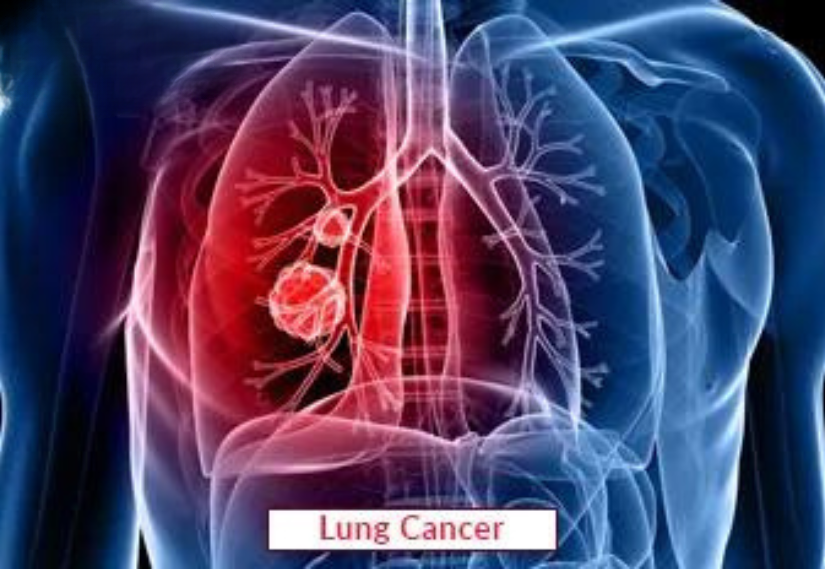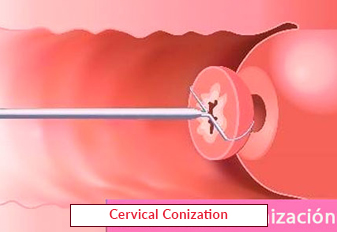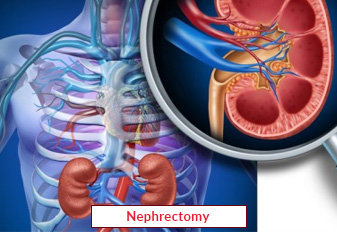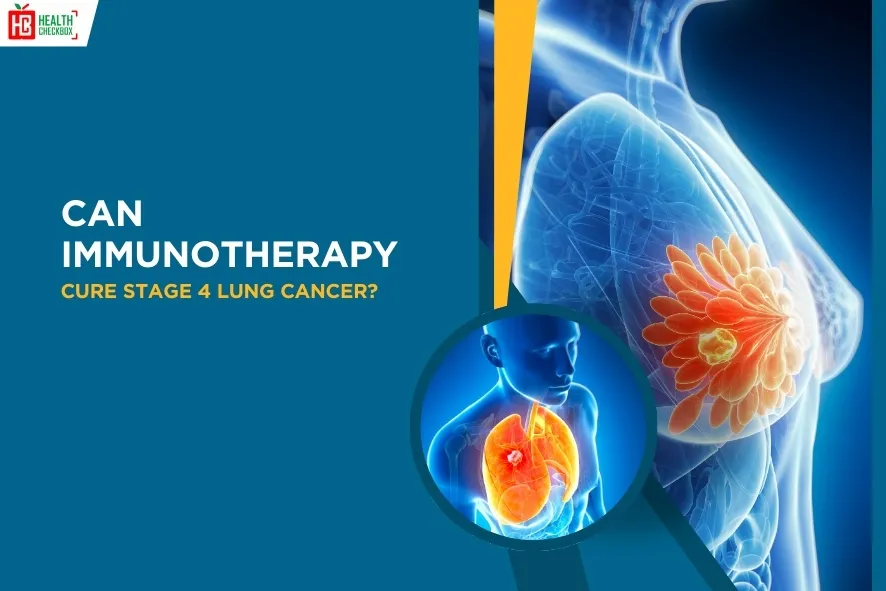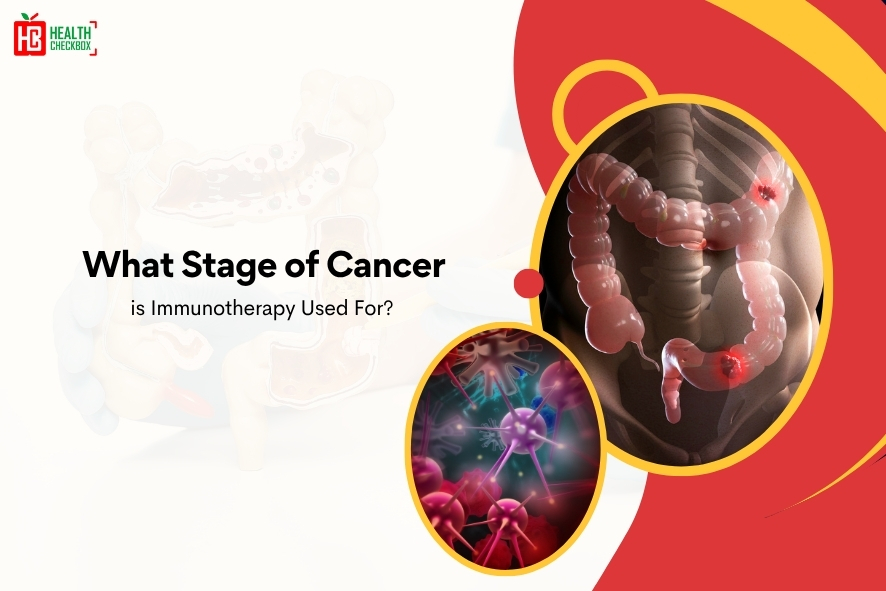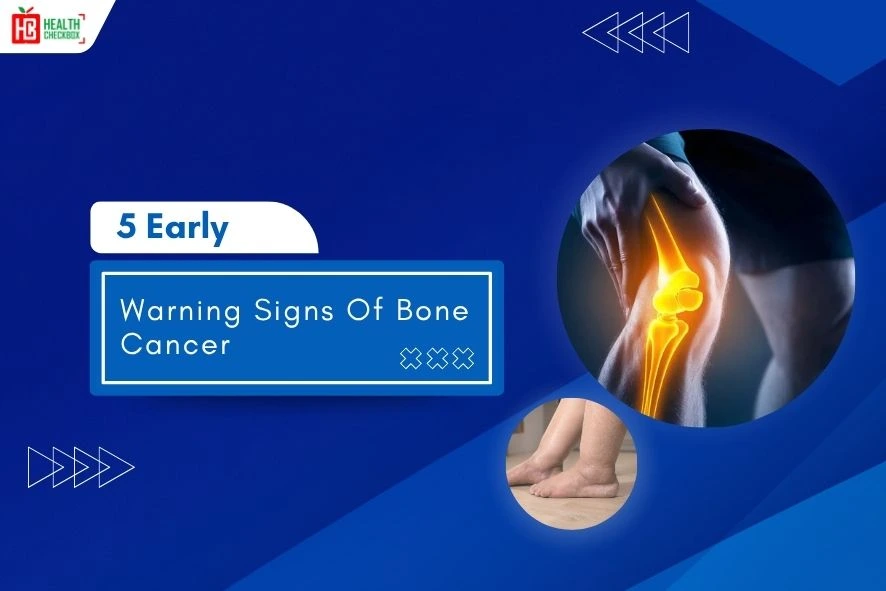In this ill health the body’s immune system is adversely affected. And healthy cells and tissues of the human body are broken-down. Still, it causes inflammation and damage in autoimmune illnesses. The body’s own proteins are taken through outside intruders unknowingly. This can directly affect different sections of the body.
End goals of this treatment are to effectively manage symptoms and control the immune system’s aberrant response. Biological agents that target specific inflammatory processes, DMARDs, and immunosuppressive drugs such as prednisone are common treatment options.
Around four percent of people worldwide suffer from this disease. Females are more likely than males to have these health problems, especially when they are pregnant. It totally depends on which body system is attacked and to what extent. There are about 80 distinct autoimmune disorders that range in severity from mild to incapacitating. There is generally no cure, but the symptoms of autoimmune disorders can be managed.
Types
Below are a few types of such disorders.
1) Juvenile diabetes
The disease-like high blood sugar levels result from this disorder. It occurs when the immune system immediately damages the pancreas’ insulin-producing cells. This stops the body from creating enough insulin to turn blood sugar into energy.
2) Systemic lupus erythematosus
It can directly harm the organs and other systems of the human body. Although the symptoms might vary greatly, they may include weariness, rashes, and joint pain.
3) Rheumatoid arthritis
The immune system damages healthy cells and tissues. This causes inflammation in and around the joints. The main grounds of this disorder are discomfort, stiffness, and inflammation. It mostly affects the joints and other body systems as well.
4) Multiple sclerosis
It directly affects the central nervous system. And also damages the protective covering of nerve fibers. The possible signs of this medical ill health condition are numbness, weakness, and vision issues.
5) Celiac illness
An autoimmune result is gluten that harms the small intestine. Patients may face problems like abdominal pain, bloating, and diarrhea. And this makes it more difficult for their bodies to absorb nutrients from food.
6) Inflammatory bowel disease
This covers GI tract inflammatory diseases and it has two main types that are known as Crohn’s disease and ulcerative colitis. Some of the common signs of this ill condition are body weight loss, looseness of the bowels, and pain in the stomach.
Causes of Autoimmune Disorder
The exact cause of this disease is not known properly. Although there exist many theories about what leads to the malfunction.
1.Genetic factors
- Having a family member with an autoimmune disease raises your chances of having it.
2. Environmental cause
- A few biological elements are important, such as micro-organism, viruses, toxins, and certain drugs. It has the potential to produce a reaction in genetically susceptible individuals.
3. Hormones
- Women may be more prone to autoimmune illnesses due to higher hormone levels, especially during the childbearing years.
4. Infection
- These health problems can be brought on by bacterial and viral infections. A potential cause of this reaction is viral proteins that match human proteins.
Symptoms
These are a few indications and manifestations of these kinds of illnesses.
- Fatigue
- Joint pain
- Skin problems
- Inflammation
- Muscle aches
- Swelling
- Fever
- Lightheadedness
- Digestive issues
- Hair loss
- Numbness or tingling in hands and feet
- Stomach pain
- Swollen glands
- Dry mouth or eyes
- Blood clots
- Mouth ulcers
- Multiple miscarriages
- Problem in concentration
- Weight loss
Procedure of Autoimmune Diseases treatment
1) Diagnosis and assessment
To confirm the disease and determine its severity, a healthcare professional will perform a complete evaluation that includes:
- A review of your medical history
- Physical examination
- Diagnostic tests such as
- Blood test
- X-rays
- CT scan
- MRI
- Ultrasound
2) Selection of medication
Suitable medicines are recommended to the patient on the basis of diagnosis and severity of symptoms. Drugs that can target specific immune response components are listed below:
- Corticosteroids
- DMARDs
- Biologic medications
- Immunosuppressants
3) Administration of medicinal drug
Patients are informed about potential side effects and adverse reactions. Healthcare experts also give instructions on how to medication orally, intravenously or via injection.
4) Observation and modifications
It is essential to regularly assess symptoms, disease activity, and possible drug adverse effects. Depending on treatment response and tolerance, medical professionals may change drugs or modify dosages.
5) Changes in lifestyle
A doctor can give advice to the patient for bringing changes in their lifestyle. These changes are mentioned below:
- Quitting smoking
- Maintaining a nutritious diet
- Regular exercise
- Managing stress
- Get enough sleep
6) Continued assistance and instruction
To better understand their condition, available treatments, and self-management techniques, patients receive continuing education, counseling, and support. For extra help, resources and support groups might also be suggested.
7) Follow-up care
To track the course of the illness, the potency of treatment, and any actual side effects, follow-up appointments with medical professionals are planned on a regular basis. In order to maximize results and quality of life, treatment plans are modified as necessary.
Latest Health Tips
Can Immunotherapy Cure Stage 4 Lung Cancer?
Early Signs of Cervical Cancer
Foods that Kill Cancer: Leafy Vegetables, Grains, & More
What Stage of Cancer is Immunotherapy Used For?
Which is Worse for Cancer, Sugar or Alcohol?
Vaccines That Prevent Cancer
What Kills Cancer Cells in the Body Naturally?
Early Warning Signs of Bone Cancer
Submit Your Enquiry
Testimonials










